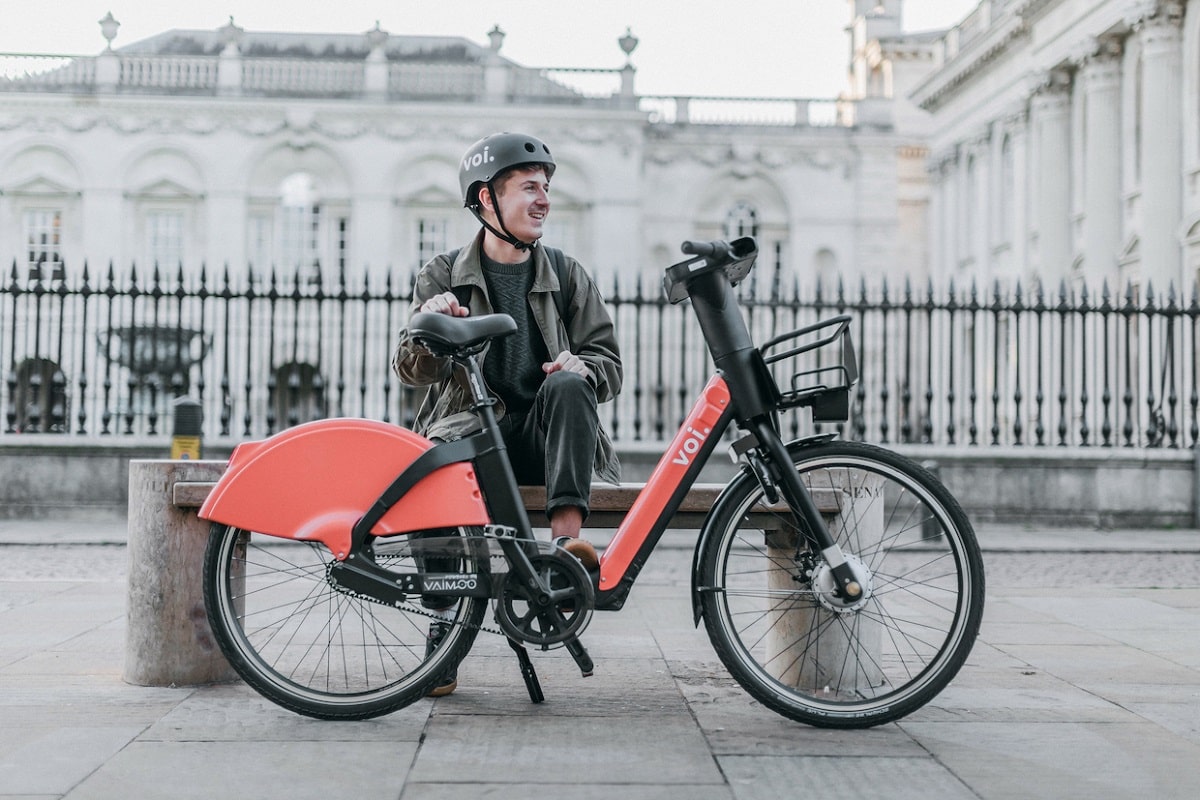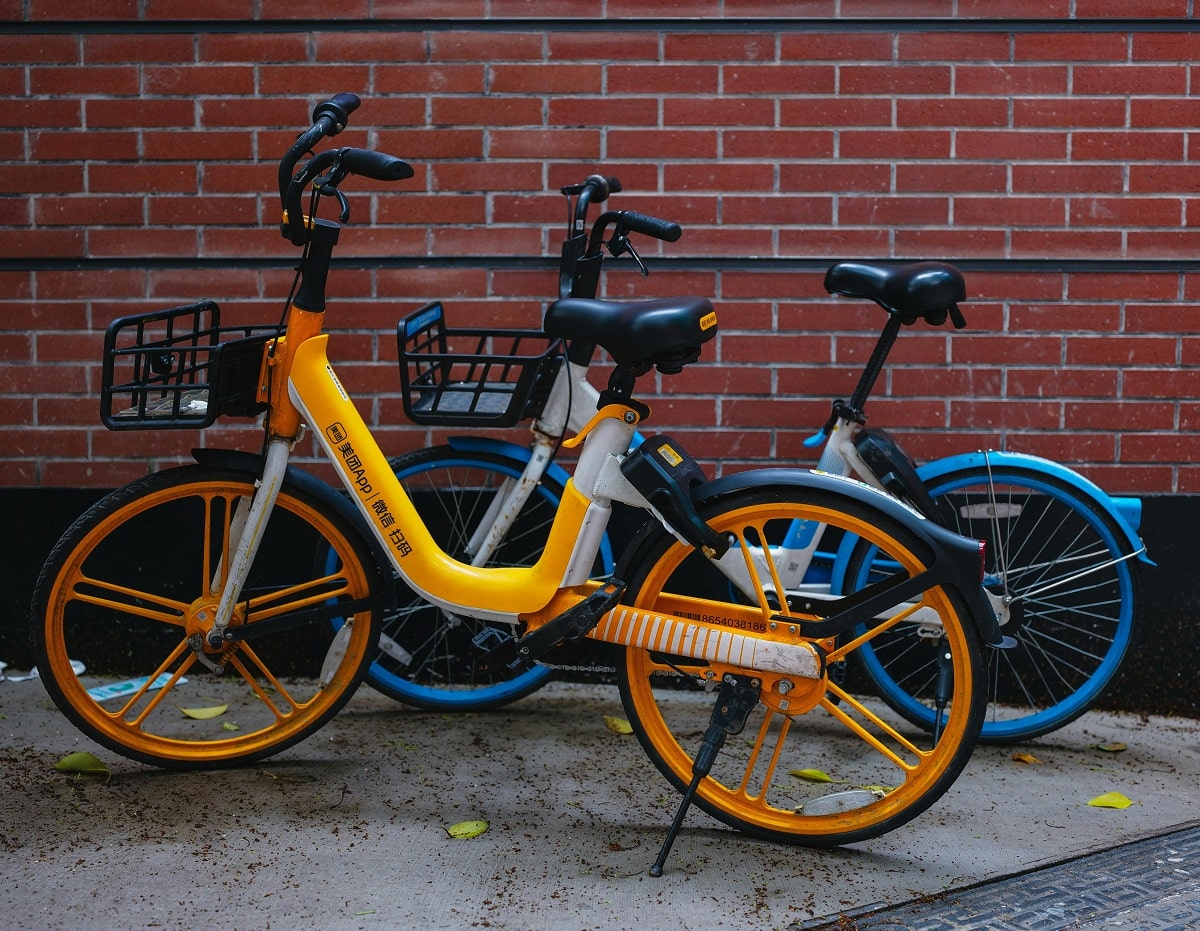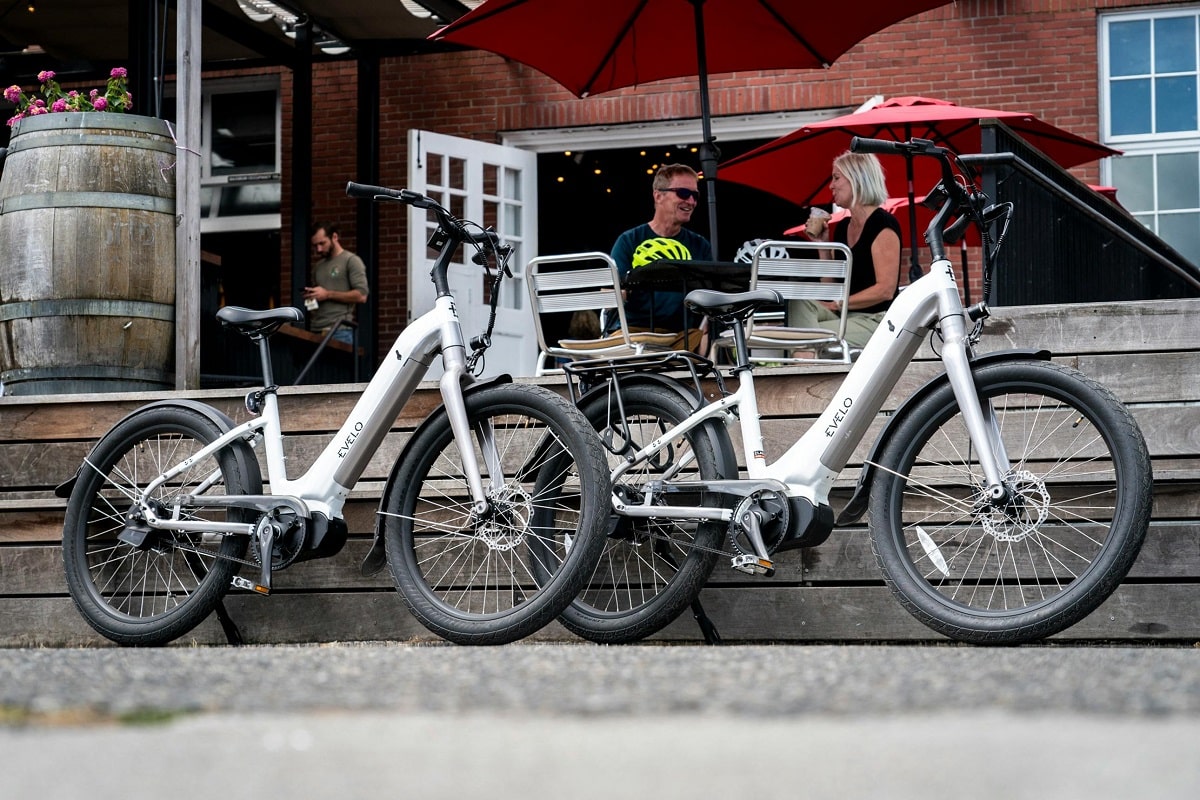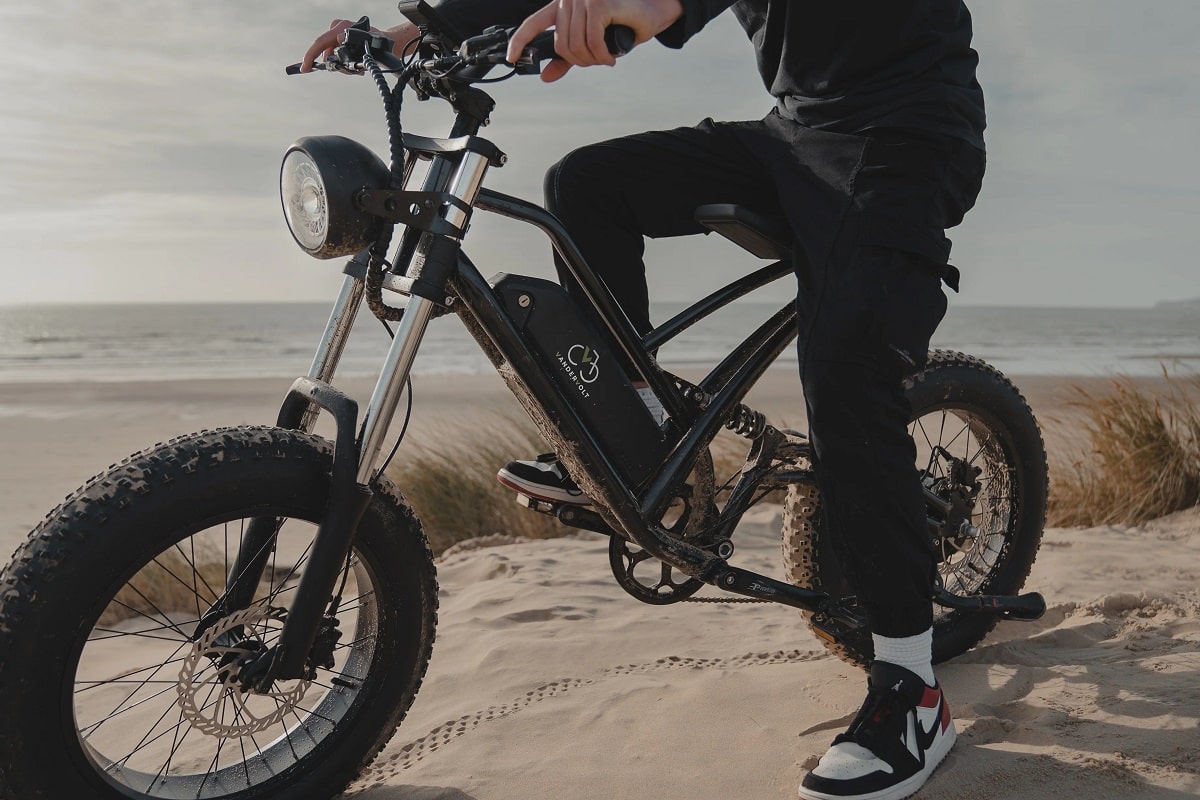1
HOME > Health & Fitness >
THE ULTIMATE SHOWDOWN: ELECTRIC BIKES VS. CARS FOR CITY COMMUTING
Written by Menswear Style in Health & Fitness on the 20th August 2024

In the bustling urban landscape, where traffic jams and parking woes are all too common, choosing the right mode of transportation can significantly impact daily life. Electric bikes (e-bikes) and cars are two popular options for city commuting, each offering distinct advantages and challenges. As cities strive for sustainability and efficiency, the debate between e-bikes and cars intensifies. This article delves into the merits and drawbacks of each mode of transportation, helping commuters make an informed choice based on their needs and preferences.
Efficiency and Environmental Impact
When it comes to efficiency and environmental impact, electric bikes and cars present starkly different profiles. E-bikes, powered by electric motors, offer an eco-friendly alternative to traditional vehicles. They produce zero emissions during operation, contributing to cleaner air and reduced carbon footprints. The efficiency of e-bikes is further highlighted by their lower energy consumption compared to cars. Charging an e-bike requires significantly less electricity than fueling a car, which translates to reduced energy costs and a smaller environmental impact. Additionally, e-bikes often provide a more direct route to destinations, avoiding the congestion and delays associated with car travel in crowded urban areas. In contrast, cars, despite advancements in fuel efficiency and the rise of electric vehicles (EVs), still present considerable environmental challenges. Conventional gasoline-powered cars contribute to air pollution and greenhouse gas emissions, while even the most advanced EVs require resources and energy for manufacturing and charging. The environmental benefits of EVs are undeniable, but they still lag behind e-bikes in terms of overall sustainability. The production and disposal of car batteries, for instance, pose additional environmental concerns. Therefore, while both options have their green credentials, e-bikes generally offer a more straightforward and immediate path to reducing one's environmental footprint.

Cost and Practicality
From a cost perspective, e-bikes have a clear advantage over cars. The initial investment for an e-bike is substantially lower than that for a car, and operating costs are minimal. E-bike owners benefit from lower maintenance expenses, as e-bikes have fewer moving parts compared to cars. Additionally, the cost of electricity to charge an e-bike is significantly less than the cost of gasoline or diesel. Insurance costs for e-bikes are also lower, and many cities offer incentives and rebates for e-bike purchases, further reducing the financial burden. On the other hand, cars, while offering greater comfort and convenience, come with higher costs. The expenses associated with purchasing, maintaining, and insuring a car can be substantial. In urban environments, where parking is often limited and costly, car ownership can become a financial strain. Furthermore, the need for regular servicing, repairs, and fuel adds to the ongoing costs. While cars provide shelter from the elements and the ability to transport multiple passengers and cargo, these benefits come at a price that may not always justify the added convenience, especially for solo commuters.
Health and Convenience
Health benefits are another crucial factor in the comparison between e-bikes and cars. Riding an e-bike promotes physical activity, as it requires pedaling and engages various muscle groups. Regular exercise can improve cardiovascular health, enhance stamina, and contribute to overall well-being. In contrast, driving a car involves minimal physical activity, which may lead to a more sedentary lifestyle. For individuals looking to incorporate more movement into their daily routines, e-bikes offer a practical and enjoyable solution. In terms of convenience, e-bikes excel in maneuverability and ease of use in congested urban areas. They can navigate through traffic, avoid parking hassles, and often have dedicated bike lanes that cars cannot access. This increased flexibility allows e-bike riders to reach their destinations more quickly and with less stress. Conversely, cars provide greater protection from weather conditions and offer a more comfortable ride over longer distances. For those who prioritize convenience and comfort, especially in inclement weather or when traveling with multiple passengers, cars may still be the preferred choice despite their drawbacks.

Versatility and Special Features
When considering versatility and special features, the cargo e-bike emerges as a notable contender in the electric bike category. Designed to handle heavier loads and provide additional storage space, ? cargo e-bike offers an innovative solution for both personal and commercial needs. These bikes are equipped with sturdy frames, extended racks, and reinforced components to accommodate everything from groceries to business deliveries. For urban commuters who frequently transport items or run errands, a cargo e-bike can significantly enhance convenience and efficiency. Unlike standard e-bikes, cargo e-bikes provide ample space for carrying goods, making them a practical alternative to cars for those seeking an eco-friendly option with increased functionality. This added versatility highlights the adaptability of e-bikes to various urban commuting needs, bridging the gap between traditional cycling and car transport.
Urban Infrastructure and Accessibility
Urban infrastructure plays a critical role in the effectiveness of both electric bikes and cars for city commuting. E-bikes benefit from an increasing number of dedicated bike lanes and cycling-friendly policies implemented by cities aiming to promote sustainable transportation. This infrastructure supports smoother and safer travel for e-bike riders, reducing the risk of accidents and improving overall commuting efficiency. In contrast, while cars can utilize a more extensive network of roads and highways, they often face challenges such as traffic congestion and limited parking options. Many urban areas are actively working to improve bike infrastructure, making e-bikes a more practical and accessible option for navigating city streets. However, the effectiveness of this infrastructure can vary greatly depending on the city, which can impact the overall commuting experience for both e-bike users and car drivers.

Safety and Security
Safety and security are paramount when comparing e-bikes and cars for city commuting. E-bikes, while offering numerous advantages, can be more vulnerable to theft due to their smaller size and lower cost relative to cars. Commuters need to invest in robust locking mechanisms and secure parking options to mitigate this risk. Additionally, e-bike riders may face safety concerns related to road traffic, especially in areas with high vehicle volumes and inadequate bike lanes. Helmets and other protective gear are essential for minimizing injury in case of accidents. Cars, by contrast, provide a more protected environment with built-in safety features like airbags, seat belts, and advanced driver assistance systems. Although cars offer a higher level of physical protection, drivers must remain vigilant about road safety and adhere to traffic laws to ensure a safe commuting experience.
Long-Term Considerations and Future Trends
Long-term considerations and future trends offer valuable insights into the evolving dynamics between e-bikes and cars. As technology advances, e-bikes are likely to benefit from ongoing improvements in battery life, motor efficiency, and smart features, enhancing their appeal for urban commuting. The rise of autonomous driving technology and further development in electric vehicle infrastructure may also influence future car options, potentially addressing some of the current drawbacks associated with car commuting. Furthermore, cities are increasingly investing in green initiatives and smart city technologies, which could further bolster the viability of e-bikes as a preferred mode of transportation. While cars remain a staple for many commuters, the growing focus on sustainability and technological innovation suggests that e-bikes may continue to gain prominence, offering a forward-looking solution for city travel.

In the ongoing debate between electric bikes and cars for city commuting, each option presents its own set of benefits and limitations. Electric bikes stand out for their environmental friendliness, cost-effectiveness, and health benefits, while cars offer greater comfort, capacity, and protection from the elements. Urban infrastructure, safety considerations, and long-term trends further shape the commuting experience for each mode of transportation. As cities continue to evolve and prioritize sustainability, e-bikes are likely to play an increasingly prominent role in urban mobility. Ultimately, the choice between an e-bike and a car will depend on individual needs, preferences, and the specific demands of city life, guiding commuters toward the most suitable solution for their daily journeys.
Trending
2
3
4
5
6
7
8
9
10









